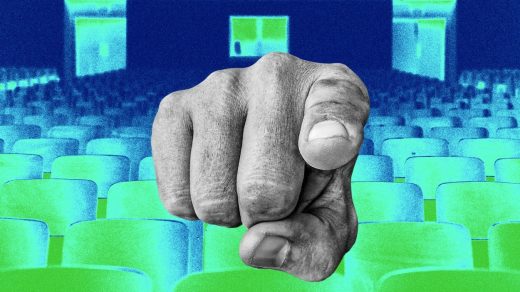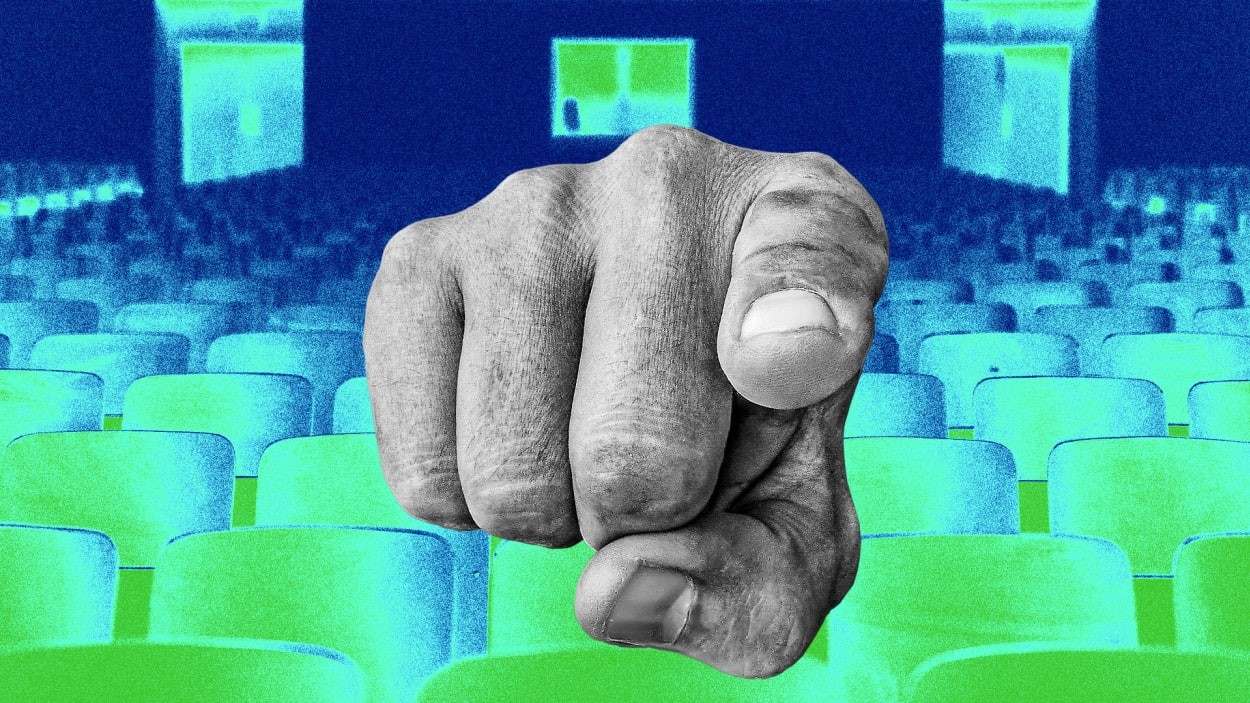Study: 49 students on the ‘harrowing’ threat of being accused of ChatGPT cheating
By Sarah Bregel
Cheating on college assignments can bring about massive consequences, like flunking a class or even being kicked out of school. And while students in past years may have been able to pay someone to actually do the required reading and write their paper, or download something sufficient from the internet, it’s now easier than ever to cheat by using AI.
That means more allegations are rolling in from college professors, who are fully aware that students may be tempted to use ChatGPT to write their papers. The problem is, it’s fairly tough to know whether or not the students actually cheated.
It’s become such an issue on college campuses that students are airing their frustrations with being accused of cheating on the internet. And now, researchers are digging into those students’ reactions. A new study, published in the journal Learning: Research and Practice, looked at student responses to allegations of cheating using ChatGPT. It examined 49 Reddit posts, along with the discussions that followed, from December 2022 through June 2023. The examination determined that students are fed up, disheartened, and maybe even questioning the role of college in their lives.
In all the chatter about cheating, some common themes emerged. Students talked about the need for solid evidence, frustrations with professors’ roles, trust, questions about what constitutes cheating, and the need for new approaches in education. Given that professors essentially have to guess whether they think an assignment sounds like AI or not, the feedback—most notably, anger and frustration—seems called for.
Tim Gorichanaz, an assistant teaching professor at Drexel University’s College of Computing & Informatics, who authored the study, believes the student responses will help shape the approach to how AI is used in education. That includes what kind of guidelines should emerge around it, or even how student assignments might need to shift.
“Many of the students expressed concern over the possibility of being wrongly accused by an AI detector,” Gorichanaz said in a statement. “Some discussions went into great detail about how students could collect evidence to prove that they had written an essay without AI, including tracking draft versions and using screen recording software. Others suggested running a detector on their own writing until it came back without being incorrectly flagged.”
Of the 49 accused students, 38 asserted that they did not cheat, yet their assignments were still flagged by AI-detection tools as being written by AI. Gorichanaz says that students today have the looming threat of being accused of cheating—thanks to AI technology—and that the constant stress creates a “harrowing” experience for the modern college student. Of course, professors need to bring about their concerns if they feel a student has cheated, but with technology constantly evolving to mimic human behavior, their best guesses aren’t good enough.
Many of the students who were accused of cheating on their essays seem to be wondering: If they are being accused of cheating by ChatGPT, even when they didn’t, what role do essays really have in colleges anymore? And if colleges are pushing skills that nobody really needs, is college itself all that valuable?
While professors are grappling with how to move forward in their courses, one question is on the table: When it comes to the college essay, could it be time to leave it to the bots?
(14)



